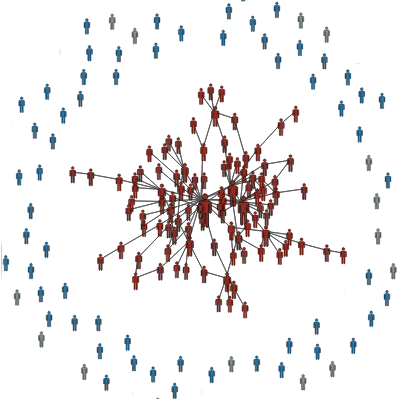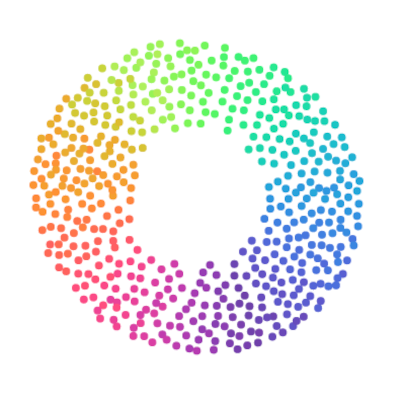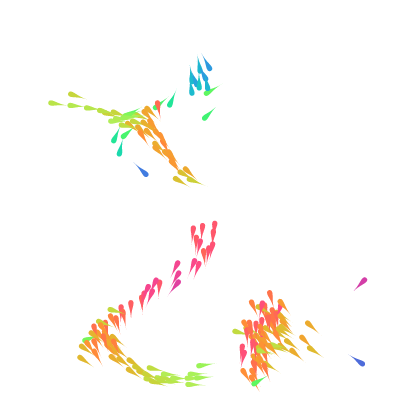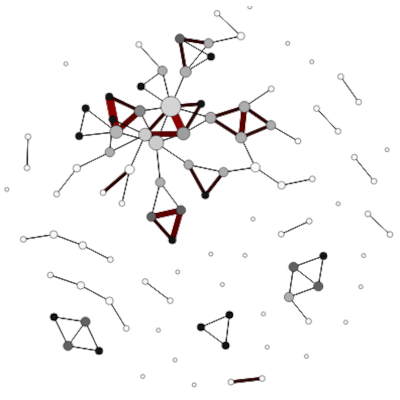Blockchains as coordination systems
“Less Trust, More Truth” is a popular axiom in blockchain communities. (It’s even used as the main slogan for the Polkadot chain.)
There’s an idea that blockchains allow for a new type of trustless interaction with each other. But what does this really mean?
To understand this, we’ll break it into two parts: 1. Truth relates to the past - past events that have happened, or past agreements that have been registered on chain. 2. Trust relates to the future - agreements between people that they will act a certain way. Instead of hoping they’ll honour their deal, we use the blockchain to execute them, guaranteeing it.
Blockchain technology allows for new ways to approach both.
Rather than argue and debate about facts, who said what, or what actually happened, we can instead say “if it was registered on this blockchain, then it has passed some form of consensus and has a clear record.
So if it’s on the blockchain, it’s truth. If not, well, we can’t say. So let’s we should rely on blockchains when we rely on something to be true.
In terms of trust, most agreements between people or organisations rely on trust. Both sides say they’ll do something but will they do it? For any number of reasons, maybe not.
So far, civilisation has essentially relied on force to ensure trust. If we agree, we write it down. We make it a legal contract. If someone does do what they said, we sue them. The courts can hold them accountable and force them to do it or at least to pay you something. If they break the law, maybe they can be forced to go to prison.(Outside of court, there are other ways to create trust, but they basically all involve trusting a third-party. So if that third-party doesn’t do as they said, we’re back to courts.) In the end, we rely on the physical force behind the legal system.
Blockchain technology opens a different way, it allows us to make an agreement in code, and since it’s on the blockchain, both sides trust it will be executed no matter what.
We don’t need to trust other people or organisations, if we trust the code will run on the blockchain. So in a way it’s not completely trustless, but trustless towards humans and human institutions. And with the added bonus of not needing to depend on physical force to enforce it.
Both of these together mean that as we rely more on blockchains as source of truth, the less we have to trust parties whose interests may end up not being aligned with holding up their agreements.






